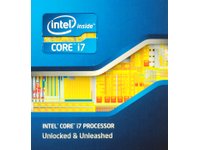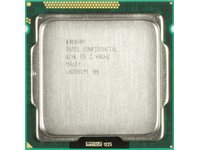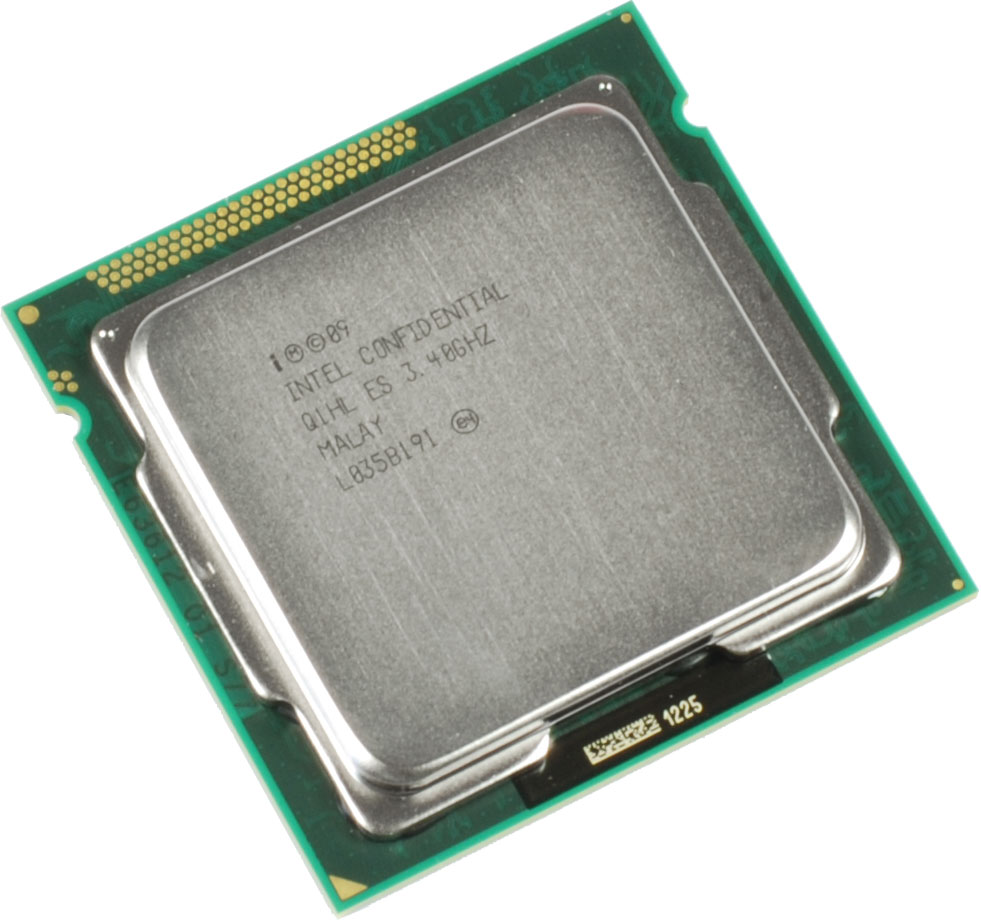Core i7-2600K Overclocked: Speed Meets Efficiency
Most of Intel's Core i5 and i7 CPUs lock out overclocking enthusiasts, which we hate. But the K-series chips win us back over with insane scalability. Would you believe that cranking the dial on performance doesn't necessarily tank overall efficiency?
Intel Core i7-2600K For Mainstream Overclockers
I recommend Chris’s comprehensive write-up on the Intel Sandy Bridge processor family if you aren’t familiar with the details. Sandy Bridge is the code name for an entire family of products that will eventually end up covering all of Intel's market segments, including mobile, desktop, and servers some time later this year. The architecture was designed with integration and scalability in mind. Two- and four-core models are available today, but it’s only a matter of time until Intel will also release six and eight cores on a single die.
The fundamentals of the new Core i7, i5, and i3 processors are more performance per core and per clock, minimum idle power consumption, a shared third level cache (now referred to as the last-level cache) and a ring bus that is used for connecting cores, cache, graphics, and the System Agent (formerly the uncore) that includes the DDR3 memory controller. Among several new features, Intel’s foci were ‘cool’ performance enhancements, which means better than linear performance/power increase, and ‘really cool’ enhancements that add performance while actually decreasing power consumption.
Why is this important? Maintaining or even saving power while delivering more performance has a significant impact on a processor’s ability to scale. It turns out that this is also a solid foundation for highly overclockable processors as well, as any clock speed increase now has a much more noticeable impact. At this point, we have to bring Turbo Boost into the discussion. The feature accelerates the K-series Core i7/i5 processors by up to four speed bins of 100 MHz as long as thermal headroom allows. When you're searching for the highest stable overclock, however, you'll probably want to turn Turbo Boost off entirely (even in Intel's own test lab its engineers do this). After all, you don't want to find your stable operating ceiling and then have the CPU try to exceed it on its own accord.
Core i7-2600K comes with 8 MB of L3 cache, is rated at 3.4 GHz and can Boost up to 3.8 GHz. The $317 price point (for 1000 units) is steep, but acceptable for enthusiasts, especially when you compare to Intel's Extreme Edition parts at $1000. A cheaper alternative would be the Core i5-2500K, which runs 3.3/3.7 GHz, but it only has 6 MB of L3 cache.


Get Tom's Hardware's best news and in-depth reviews, straight to your inbox.
Current page: Intel Core i7-2600K For Mainstream Overclockers
Prev Page Overclocking And Efficiency Go Hand-In-Hand Next Page Turbo Boost 2.0 And The PCU Manage Overclocking